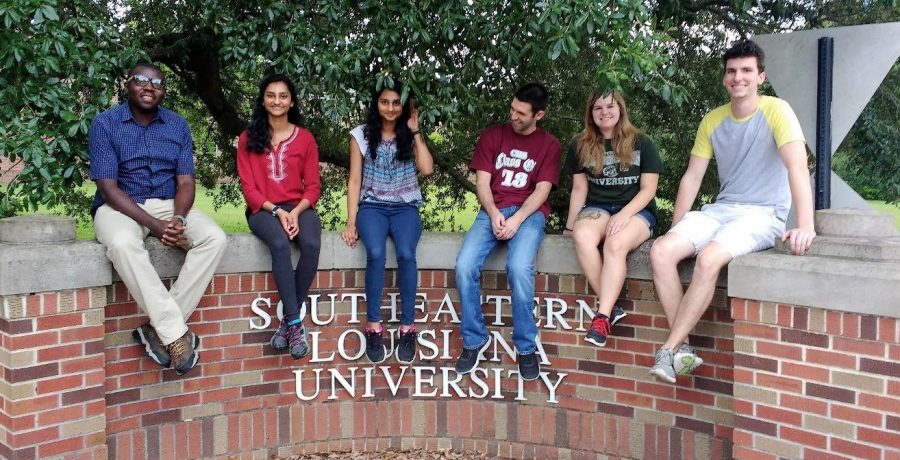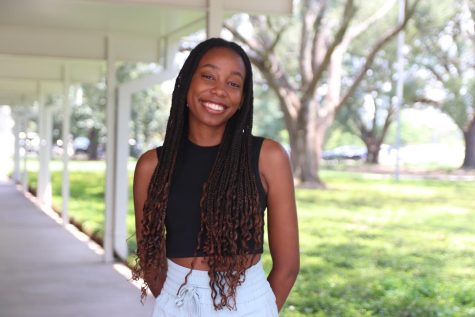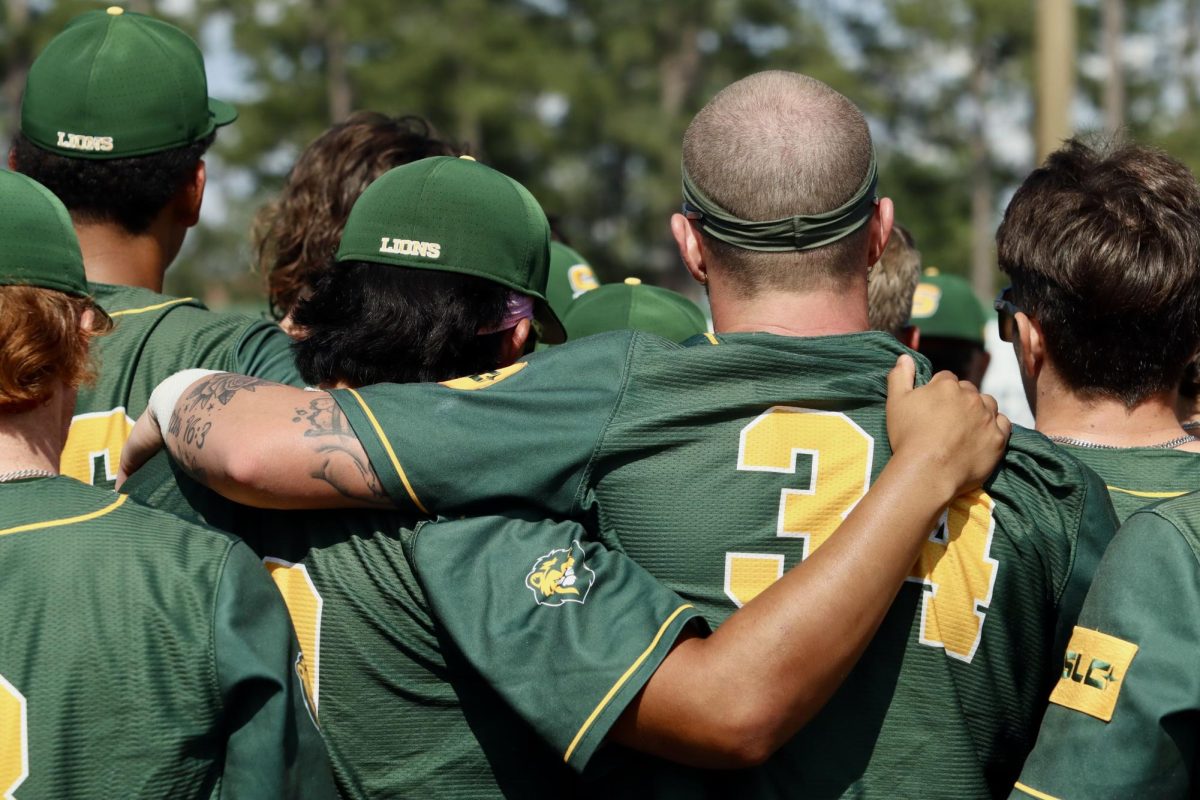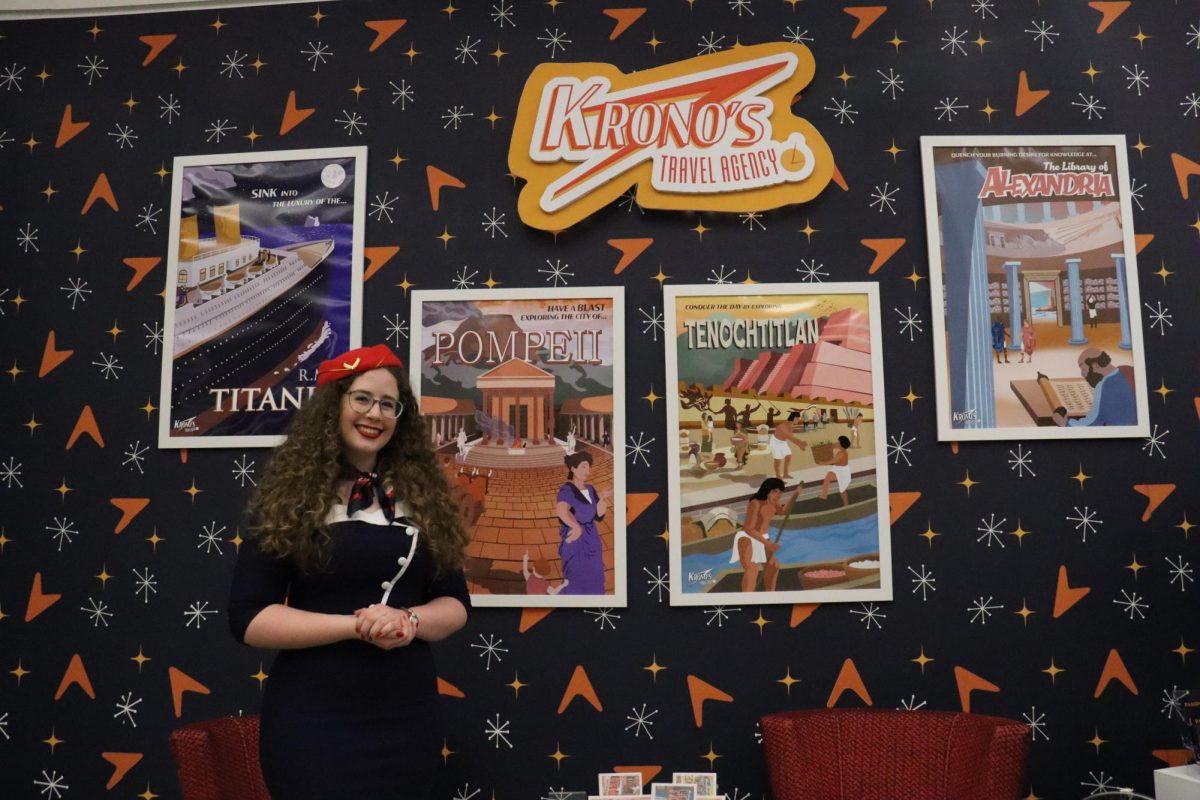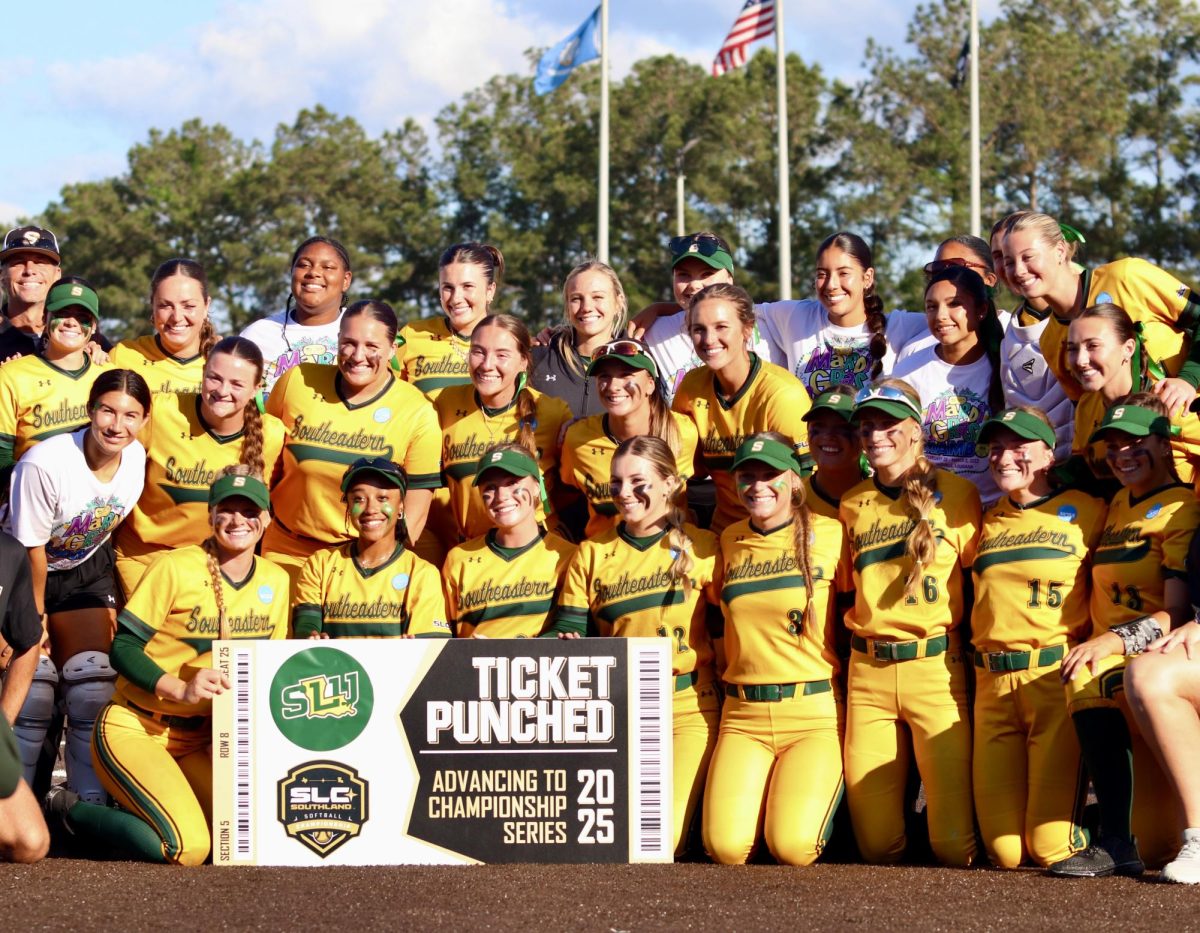A professor at the university was awarded a $265,000 grant from the National Science Foundation to further his research in green and sustainable chemistry.
Jean Fotie, professor of organic chemistry, has worked to find catalytic systems that could recycle carbon dioxide into value-added chemicals. Not only has the grant funded Fotie’s research, but it has also allowed him to extend his work to younger generations.
Fotie shared how the grant has enabled students to devote more time to their passions.
“We did not have any more funds for students’ wages, which is usually very important because that enables them to quit their off-campus jobs and focus exclusively on the task at hand,” said Fotie. “So, I will be speaking for the entire research group when I say that we were really excited.”
Working alongside his research group, Fotie explained what he hopes to achieve.
“This project allows us to explore a challenging concept, and I really hope that we will develop a new catalytic system that will enable the conversion of carbon dioxide into an important chemical via heterogeneous catalysis,” explained Fotie.
Fotie proceeded to discuss the prospects of achieving the development of these systems.
“It will be great if this system could eventually find application in continuous flow industrial processes, but that is a much complex issue that will require the intervention of chemical engineers,” said Fotie.
After obtaining the grant, Fotie witnessed how the opportunities prompted by the grant have boosted morale among his research team.
“It totally changed the dynamic in the lab, and we can resume any part of the project that was on hold, and students can restart traveling to conferences to present the results we have gathered,” commented Fotie.
As the research opportunities advanced, Fotie shared what he hopes to accomplish as an educator.
“I believe that our goal as educators is to create an effective learning environment that provides students with the opportunity to develop global perspectives and critical thinking necessary to becoming competent, successful and model citizens in society,” expressed Fotie.
Through the university’s Math-Science Upward-Bound Program, Fotie has also expanded this project to high school students.
Fotie has pursued working with the Upward-Bound Program administrator to create a summer course entitled “The Extraordinary Chemistry of Ordinary Things.”
This course will be opened only to students from the Upward-Bound Program as well as high school teachers in the area.
“It is intended not only to educate these students from low-income families, minorities, groups under-represented in science and first-generation to plan a college education, but also to alter the negative perceptions regarding the impact of chemistry on society and daily life,” explained Fotie.
Although his research goals are significant within the scientific community, Fotie shared that he hopes to enrich the Hammond community as well.
“At minimum, I would like to provide Southeastern students with an enjoyable research experience while working on one of the challenging issues of our generation,” said Fotie.


